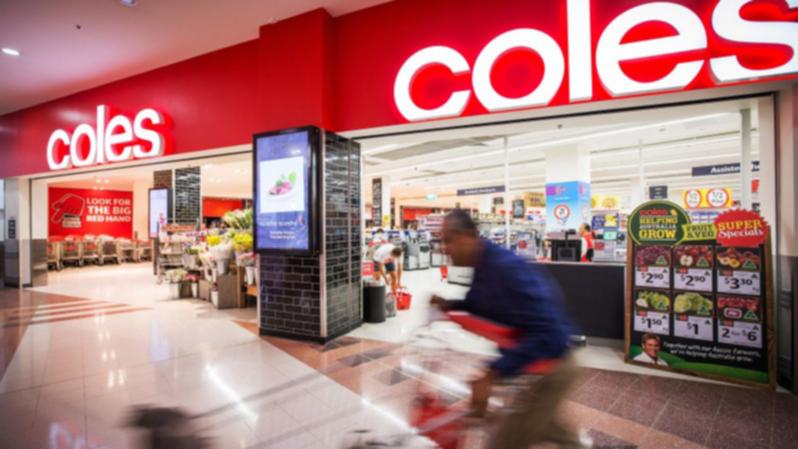Claims of supermarket price-gouging in doubt amid new data showing Aussie price hikes lower than US, UK, EU
Grocery prices in Australia have increased by the lowest levels among similar countries over the past four years, suggesting claims of excessive profit-taking and price-gouging may have been exaggerated.

Grocery prices in Australia have increased by the lowest levels among similar advanced economies over the past four years, new figures reveal, suggesting claims of excessive profit-taking and price-gouging may have been exaggerated.
The details come ahead of a Greens bill that would allow the courts to force supermarkets to comply with divestiture orders if found to be misusing their market power hitting the Senate on Wednesday.
There have also been concerns that forced divestitures could imperil major supermarkets’ existence in regional and remote parts of the country.
Sign up to The Nightly's newsletters.
Get the first look at the digital newspaper, curated daily stories and breaking headlines delivered to your inbox.
By continuing you agree to our Terms and Privacy Policy.Figures from the Australian Bureau of Statistics, made public on Tuesday as part of the body’s submission to a Senate inquiry on grocery prices, show food and non-alcoholic beverage prices in Australia have increased 18.8 per cent in the past four years.
That is well below increases in Canada, the USA, New Zealand, the UK and the European Union — where prices have ranged between 23 per cent and 31 per cent over the same period.
Nationals leader David Littleproud — a key agitator of the supermarkets, claiming they have hiked prices at the expense of farmers, which the grocery giants dispute — on Tuesday said the regional party would work with the Liberal Party to develop a bill to target the supermarkets, rather than support the Greens’ proposal which was broader.
“We’re very proud of the fact that Peter (Dutton) and the Liberals want to work through this to make sure there are no unintended consequences and there’s fairness in prices from the farm gate to your plate,” he told Sunrise.
The ABS told the Senate the greatest price increase over the past four years has been for dairy products, with a 26.7 per cent increase, while breads and cereals increased 24 per cent. Fruit and vegetable prices increased 12 per cent over that period, and meat and seafood rose 15.2 per cent.
The ABS also noted that in the 12 months to the December quarter, price change was flat for meat and seafood and down 0.2 per cent for fruits and vegetables.
The figures underscore arguments from the supermarket bosses over the past 12 months that while Australian prices have increased, it has been to a level below other countries.
The Senate inquiry’s next round of public hearings are expected to begin next month.
February inflation figures are also due for release on Wednesday, with food price movements to be closely watched.
Mr Littleproud said the Opposition’s new proposal would explore real estate banking by big supermarkets and tens of millions of dollars in penalties to enforce codes of conduct.
Retailers engaged in “egregious” behaviour that removed competition could still be forced to sell off stores to smaller independents via divestiture powers, he said, but safety tests must be applied to ensure there were no unintended consequences on competition.
